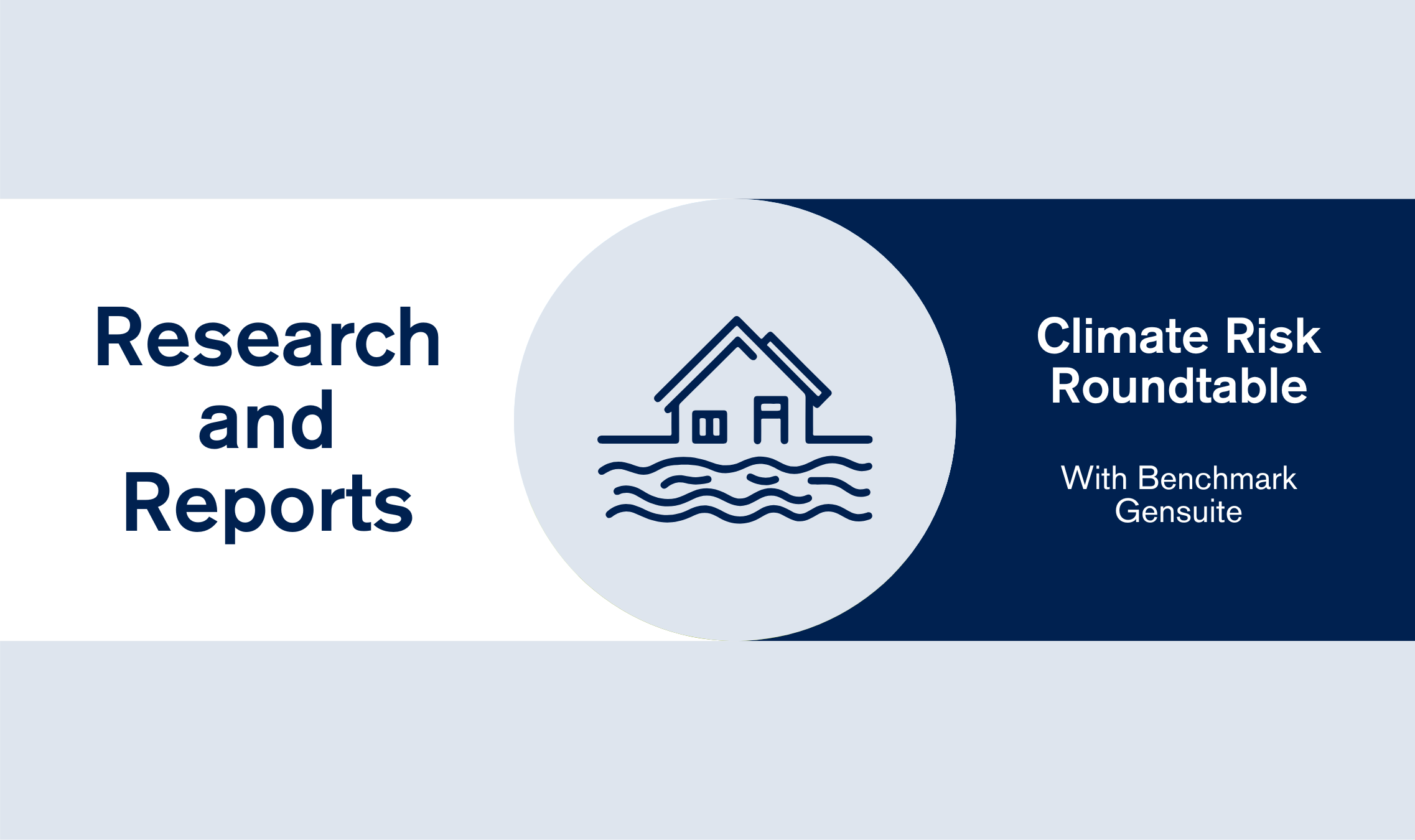Our recent workshop on SFDR featured an open discussion on the main challenges facing asset and wealth managers in sourcing and reporting data to meet PAI requirements.
GIST Impact’s CEO, Pavan Sukhdev, highlighted the importance of interpretation, measurement and benchmarking of PAIs. It is mandatory to provide these indicators for qualification as a sustainable investment and reporting has both a quantitative and qualitative aspect.
Data Challenges
- PAI 7 on biodiversity is the most vague and difficult to apply
- PAI 13 on gender diversity is open to interpretation given talk of “board of management”
- Scope 3 disclosure is subjective, non-comparable or underreported
- High degree of guesswork in existing data solutions
- Traceability of data is important, if not urgent
- Producing consolidated reports for multi-company groups is a major exercise
Quality Data is Hardest to Find for:
- PAI 7 – biodiversity
- PAI 8 – emissions to water
- PAI 9 – hazardous waste
- PAI 10 – violations of standards of multinational bodies
Further Use Cases for Data
- Time-series analysis
- Forecasting impacts
- Investment thesis validation
- Internal ranking and scoring
- Benchmarking companies and funds
Summarising the workshop, Capitals Coalition CEO Mark Gough noted we are at a tipping point where we no longer need to answer why we use Impact and instead must determine how we use it. While regulatory bodies are creating new disclosure standards across the world, companies are increasingly using impact analysis to determine where investment is going. We have real momentum and must drive for consistency in interpretation and usage of data.
In conclusion, Pavan noted that as finance is the most powerful incentive mechanism for change, the ability to generate fungible and flexible impact valuations allowed the all-important benchmarking of investments that would deliver a sustainable tomorrow.
How can GIST Impact help?
By combining expertise in impact and technology, we generate sustainability data and analytics for investing and regulatory compliance.
We help asset owners, investors and companies measure and manage the impacts of their investment decisions across all four capitals: Natural, Human, Social, and Produced Capital.
Impact valuation may be mapped to regulatory regimes or international standards. These include the United Nations Sustainable Development Goals (SDG), The Four Capitals, The European Union’s Sustainable Finance Disclosure Regulation (SFDR) and many others.
We aim to become the go-to supplier of granular and rigorous impact valuation for use in finance, economics, accounting and regulation.





